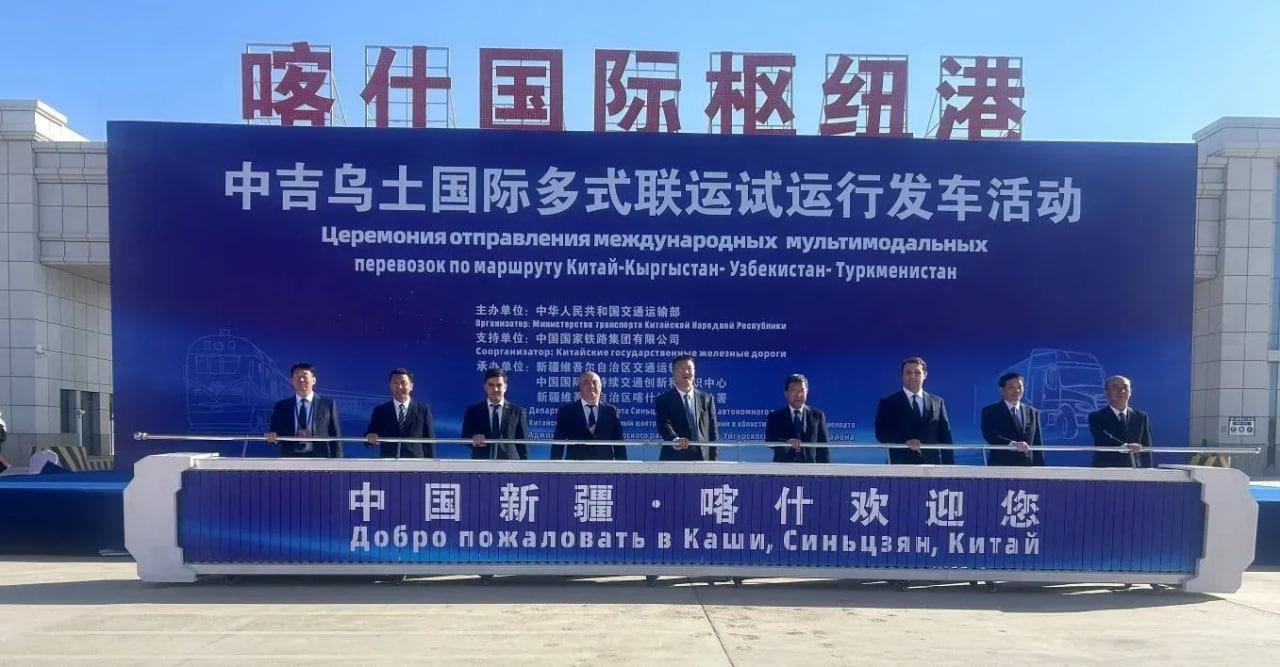UPCOMING PARLIAMENTARY ELECTIONS WILL TEST POLITICAL PARTIES IN KYRGYZSTAN
UPCOMING PARLIAMENTARY ELECTIONS WILL TEST POLITICAL PARTIES IN KYRGYZSTAN
Following the national referendum in Kyrgyzstan on October 21, the Kyrgyz constitution and electoral law have been amended, leading to the dissolution of the parliament and government. Although the legitimacy of the referendum has been contested due to allegations of widespread electoral fraud, Kyrgyz President Kurmanbek Bakiyev has scheduled new parliamentary elections for December 16 and promised to have both a new parliament and government formed by the end of the year.
Roughly 50 political parties have already registered for the elections. Although the official campaign does not begin until the end of November, most of the political parties are not well known to the public and are trying to raise awareness of their platforms as early as possible. The December 16 elections will test the political parties’ strength, especially those in opposition parties led by politicians such as Almazbek Atambayev, Azimbek Beknazarov, Felix Kulov, Roza Otunbayeva, and Omurbek Tekebayev. The elections will also reveal the extent of Bakiyev’s ambition to be reelected in 2010. To date, the president has sought to increase his powers and formed a political bloc, Ak Zhol, that includes numerous obedient members of national and local governments.
It is unlikely that one political party will be able to muster the simple majority in parliament needed to form the government unless Bakiyev actively promotes his Ak Zhol bloc. But in order to maintain the influence of the pro-presidential bloc, Bakiyev needs to achieve a level of visible representation in the parliament. Both the president and Ak Zhol members seem to be interested in the continuity of the present regime. But in their zeal to please the president, Ak Zhol’s local government members might inflate the number of the bloc’s supporters in order to make it a dominant force in the government.
Should Ak Zhol gain a significant but suspicious parliamentary majority Bakiyev risks mass demonstrations. His predecessor Askar Akayev endured—and was driven from office by—protests following the February-March 2005 elections, when a majority of pro-presidential candidates entered the parliament as a result widespread falsifications. Most of Ak Zhol’s members are former supporters of the Alga party, which was formed and chaired by Bermet Akayeva, Askar Akayev’s daughter. Former Algar MPs hope to return by parliament by running under the Ak Zhol umbrella.
In many aspects, Bakiyev’s rapidly formed political bloc resembles the pro-regime political parties in Kazakhstan and Tajikistan. However, one significant difference between Ak Zhol and Kazakhstan’s Nur Otan and Tajikistan’s Peoples’ Democratic Party is that it faces quite strong competition from opposition parties. The Kyrgyz political opposition is continuing to unite its forces into one bloc and Bakiyev’s formidable Ak Zhol seems to have provided enough incentive for other political parties to form stronger coalitions. Tekebayev’s Ata-Meken and Temir Sariyev’s Ak-Shumkar have decided to organize into one bloc and attract other political parties. However, five of Ak-Shumkar’s leading members recently left the party. According to Kubatbek Baibolov, also an Ak Shumkar member, the reason for the party’s shrinkage was the regime’s pressure on these politicians.
Meanwhile, on October 26, a car carrying several opposition leaders, including Tekebayev, was temporarily detained by Kyrgyz special forces, which allegedly had confused the politicians with some organized criminal group. Most local experts interpreted the incident as the government’s subtle attempt to intimidate opposition politicians prior to the parliamentary elections. The incident also boosted the population’s sympathy for Tekebayev, and any further attack from the ruling regime will only play in favor of the opposition.
Furthermore, the government is gradually muzzling the mass media. On October 23, the brutal killing of an ethnic Uzbek journalist in Kyrgyzstan, Alisher Saipov, was a stark reminder that local journalists feel increasingly threatened by criminal circles. A Kyrgyz citizen, Saipov was a fierce critic of the Uzbek government and was able to publish his findings in Kyrgyzstan. Although the Ministry of Interior stated that Saipov had frequent contacts with the banned Islamic Movement of Uzbekistan, local journalists showed their solidarity in accusing the Kyrgyz government of failing to protect the freedom of the press.
Bakiyev is repeating most of the key mistakes Akayev made prior to the parliamentary elections in 2005. The president’s actions are excessively assertive, and he seems to have become increasingly alienated from the popular mood. It is becoming increasingly possible that opposition forces across the country will mobilize against Bakiyev as they did against Akayev in February-March 2005. Should the opposition be barred from the new parliament, that move will propel them to consolidate even further and faster.


